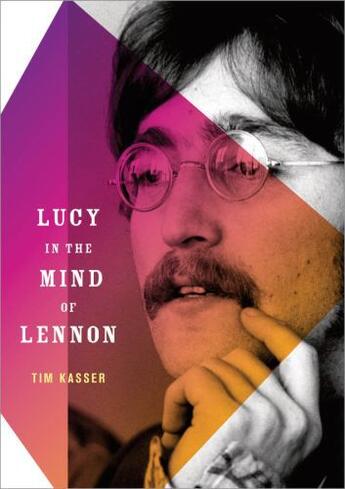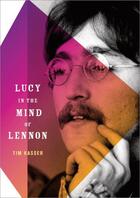-
Nombre de pages : (-)
-
Collection :
(-)
-
Genre :
(-)
-
Thème :
Non attribué
-
Prix littéraire(s) :
(-)
Résumé:
Since John Lennon composed Lucy in the Sky with Diamonds in early 1967, fans and music critics alike have argued over the meaning of the song. Is it about drugs? Is it just a lyrical response to a drawing given Lennon by his 4-year-old son Julian? Is there some deeper meaning? Professor Tim... Voir plus
Since John Lennon composed Lucy in the Sky with Diamonds in early 1967, fans and music critics alike have argued over the meaning of the song. Is it about drugs? Is it just a lyrical response to a drawing given Lennon by his 4-year-old son Julian? Is there some deeper meaning? Professor Tim Kasser goes beyond speculative explanations by applying innovative psychological methods to the song's lyrics and music. He deeply analyzes the song's linguistic structure, its basic theme, and the way its words and music had been used by Lennon in earlier songs. As the findings accumulate, Kasser weaves them together with the facts of Lennon's life and established psychological theories to provide an integrative (and sometimes surprising) perspective on the psychological processes that led Lennon to write Lucy in the Sky with Diamonds. Kasser goes on to follow the unfolding of these personal dynamics in later Lennon songs like I am the Walrus, Yer Blues, and Working Class Hero.
No other book has so closely examined this period of Lennon's life with such a sophisticated psychological approach. Kasser's methods and perspective point to the usefulness of scientific psychology for understanding why a particular person does a particular thing at a particular time, at the same time that they shed new light on this fascinating and controversial man.
Donner votre avis















